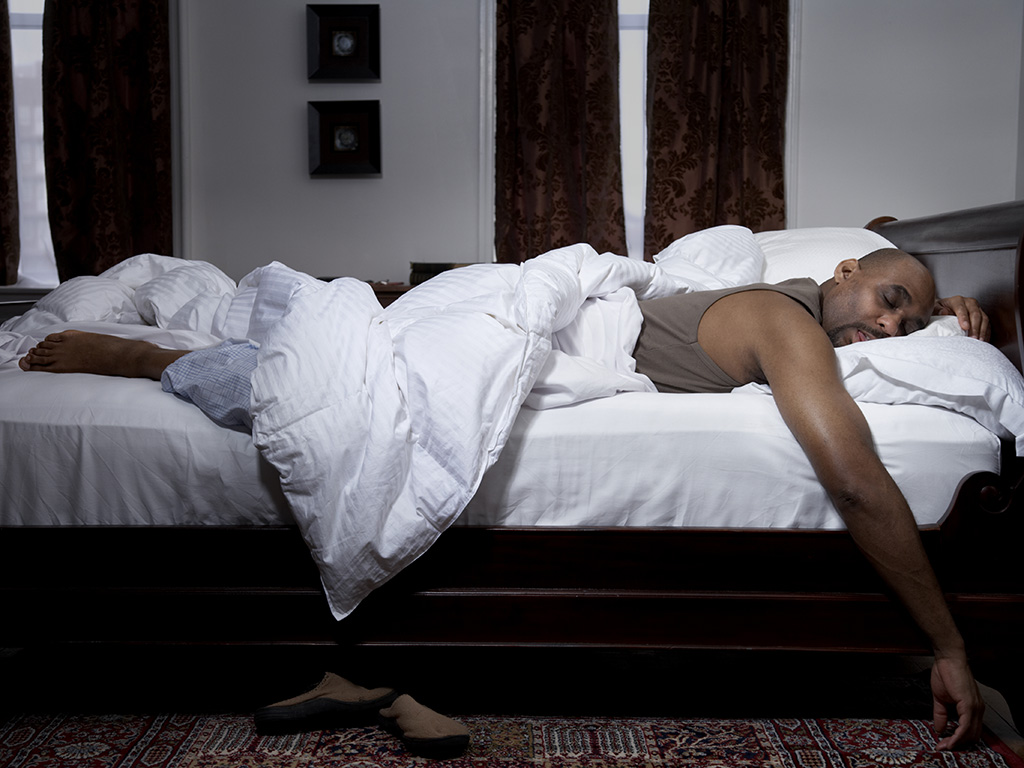There are two kinds of people in this world: morning people and night owls.

If the sight of the brightly burning morning sun makes you want to run and hide underneath your cloak and hiss in pain like Dracula, you might be able to blame it on a gene mutation.
According to researchers at The Rockefeller University, there’s a variant of a gene called CRY1 that slows the internal biological clock (also known as the circadian clock) – which normally is what tells the body when to feel tired at night and when you’re ready to wake.
READ MORE: Quality sleep feel like winning the lottery jackpot, study says
A circadian clock consists of a handful of genes that turn on and off over a 24-hour cycle.
“Compared to other mutations that have been linked to sleep disorders in just single families worldwide, this is a fairly impactful genetic change,” lead author Michael Young says in a statement.
Most people who categorize themselves as night owls often have something called delayed sleep phase disorder (DSPD). This makes people more energetic during times when most people would be sleeping, Young says.
To find out why that is, Young and his team collaborated with sleep researchers at Weill Cornell Medical College to conduct the study.
Participants were asked to spend two weeks in an apartment in the lab that was isolated from cues to the time of day. They were told to eat and sleep whenever they felt the need to.
They also collected skin cells from each subject.
According to the study, most people will follow a 24-hour sleep-wake cycle when they’re put into a free-run environment.
However, researchers observed one of the subjects that was different from the rest. They would stay up late and also had a sleep-wake cycle that was about 30 minutes longer. They also found that this person had changes in their body temperature, and hormones associated with the circadian clock (like melatonin, which researchers say helps regulate sleep) were delayed.
“Melatonin levels start to rise around 9 or 10 at night in most people,” Young explains. “In this DSPD patient that doesn’t happen until 2 or 3 in the morning.”
That’s when they found the gene mutation in CRY1. This mutation made the participant more active than usual and kept other genes in the circadian clock suppressed.
READ MORE: The secret to good quality sleep and shedding stress before bed
And when researchers looked to the patient’s family, they found five of their relatives – all of whom had DSPD symptoms or a history of sleep problems – also shared this mutation.
Young’s team then searched large genetic databases across the world to see how prevalent the mutation was and were able to determine that as many as one in 75 people could have it.
“Just finding the cause doesn’t immediately fix the problem,” co-author Alina Patke said in a statement. “But it’s not inconceivable that one might develop drugs in the future based on this mechanism.”
According to a study last year by insurance provider Aviva, Canada is the third-most sleep deprived country in the world.
The RAND Corporation, a non-profit research group, estimates that about 80,000 working days a year in Canada are lost due to sleep deprivation, at a cost to the economy of $21.4 billion.




Comments